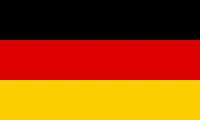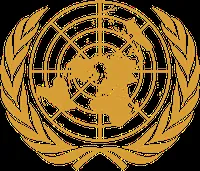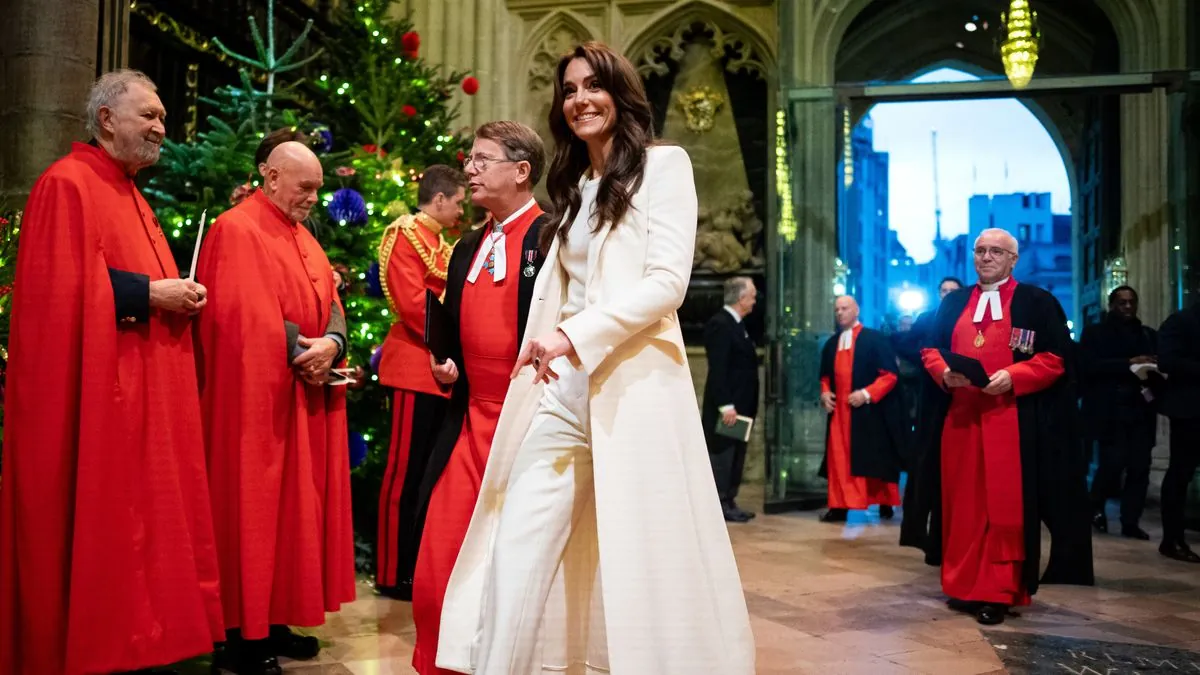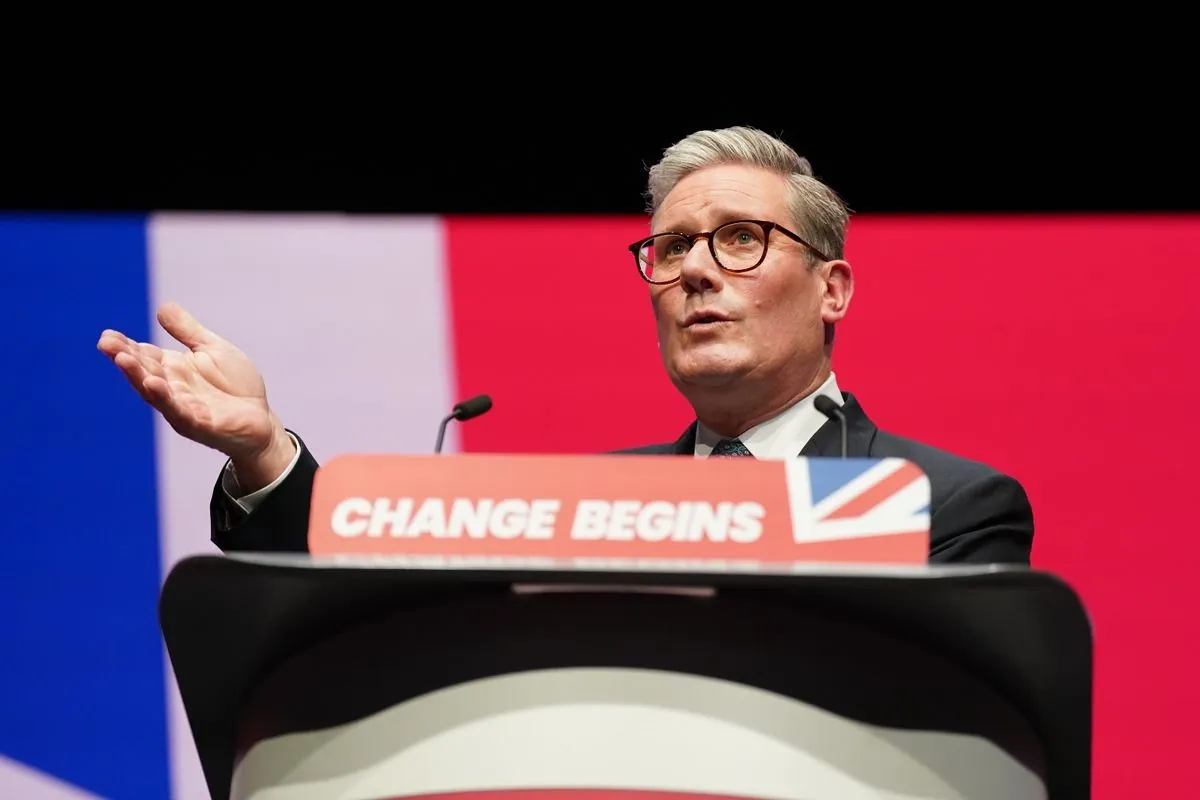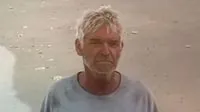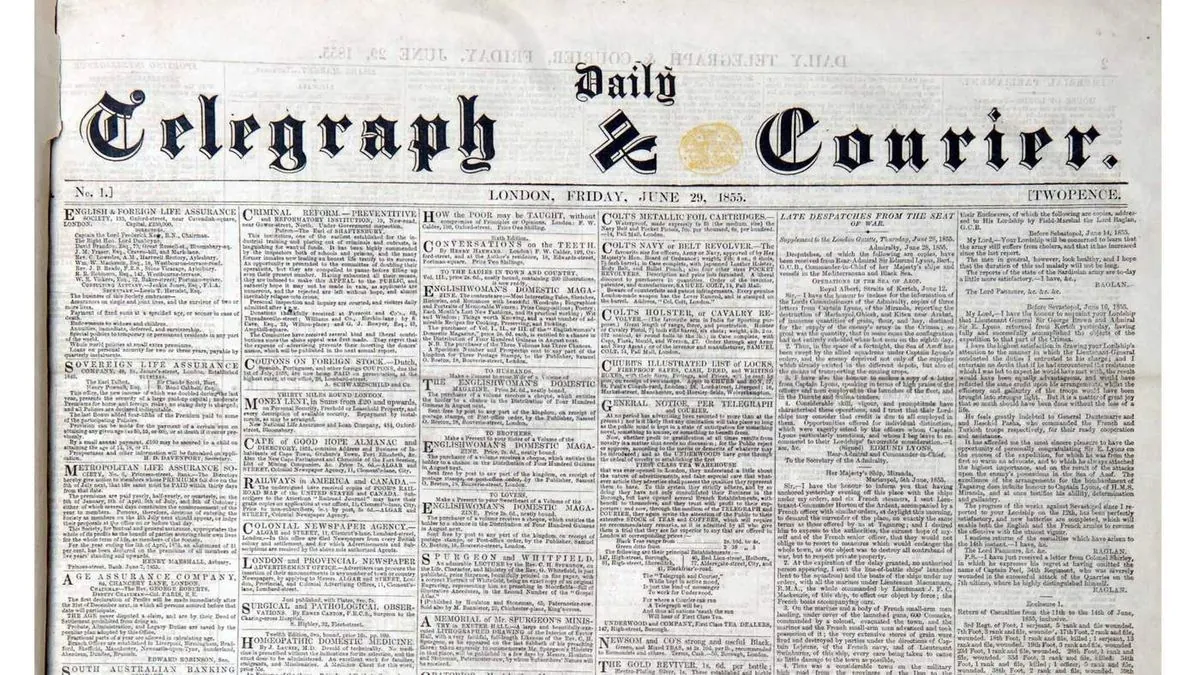France's New Interior Minister Vows Tougher Stance on Immigration
France's recently appointed interior minister pledges stricter immigration policies, reflecting a shift towards right-wing influence in the government. The move sparks internal tensions and debates on national security.
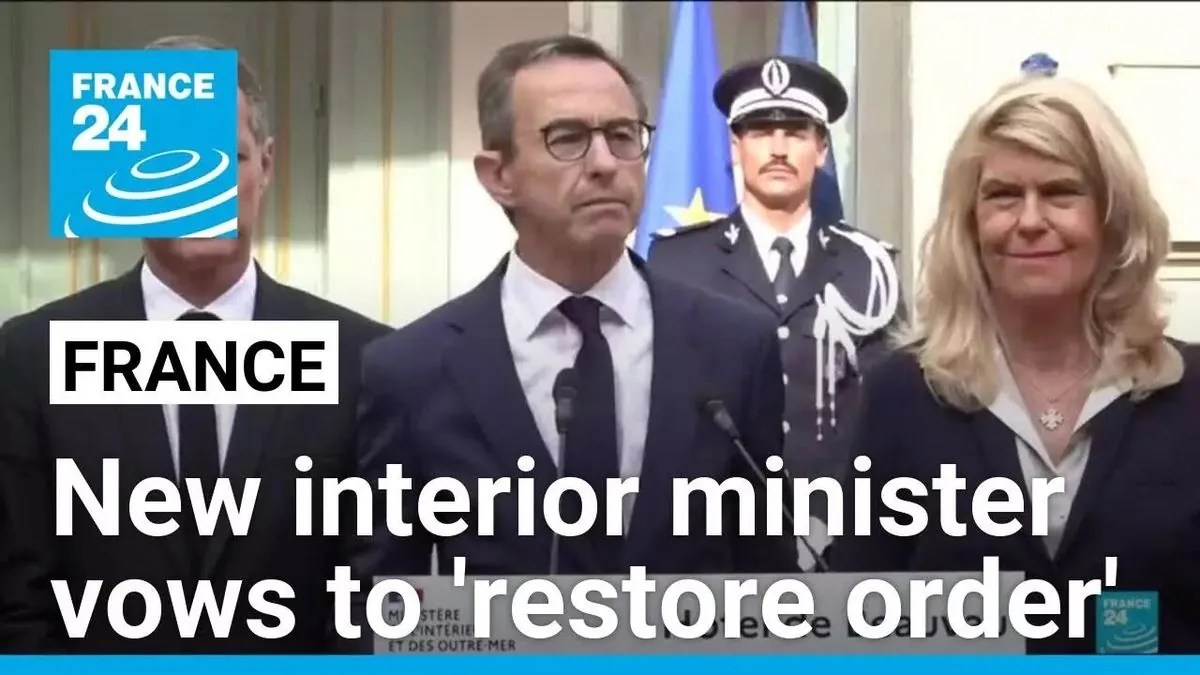
France's newly appointed interior minister, Bruno Retailleau, has announced plans to implement stricter immigration policies, signaling a shift in the government's approach to national security and border control. This development comes in the wake of recent political changes that have seen increased influence from right-wing parties in France's semi-presidential system.
Retailleau, who until recently led his party in the French Senate, the upper house of the French Parliament, outlined his priorities during the first cabinet meeting of Michel Barnier's new coalition government. The minister emphasized the need to "restore order" in various aspects of French society, particularly focusing on immigration and public safety.
In interviews with Le Figaro and CNews, Retailleau detailed his proposed measures, which include:
- Increasing deportations of illegal immigrants
- Reducing the number of regularizations
- Strengthening legislative powers to address immigration issues
- Collaborating with North African nations to curb undocumented migration
- Imposing harsher sentences for certain crimes
The minister's stance reflects the growing influence of Marine Le Pen's National Rally party, which has been a significant force in French politics since its founding in 1972. This shift comes after the June 2024 elections, where President Emmanuel Macron's centrist government faced substantial losses.
Retailleau also called for a coalition of willing EU countries to pressure the European Commission into tightening immigration laws. This proposal comes as some European nations, including Germany, have begun imposing temporary border checks within the Schengen Area, challenging the principle of free movement established in 1995.

The minister's approach has sparked debates about France's colonial history and its current stance on multiculturalism. France, which once held one of the largest colonial empires in history, has been grappling with issues of integration and national identity for decades.
"It was of course, a dark time, but it was also a beautiful time, with hands outstretched."
This statement has drawn criticism from left-wing politicians, who have accused Retailleau of racism. The New Popular Front alliance, representing the left-wing opposition, has been particularly vocal in its condemnation of the minister's rhetoric.
The new government's apparent alignment with National Rally policies has created tensions within the coalition. Barnier was forced to intervene after comments from his finance minister, Antoine Armand, suggested that Le Pen's party was not part of the acceptable "Republican arc." This incident highlights the delicate balance the government must maintain to preserve its coalition.
As France navigates these political shifts, the country's role as a founding member of the United Nations and its permanent seat on the Security Council underscore the global implications of its domestic policies. The ongoing debates reflect the challenges faced by France's multi-party system in addressing complex issues of national security, immigration, and identity in an increasingly interconnected world.



















